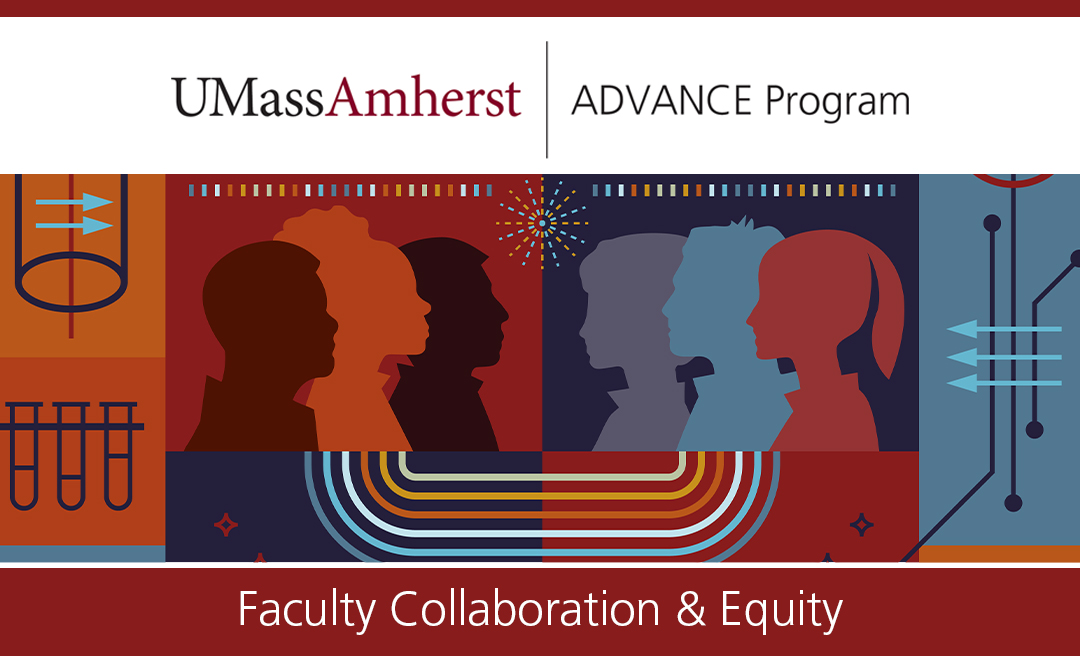Publication Date
2021
Abstract
Science has risen to the challenge of the COVID-19 pandemic, identifying the SARS CoV-2 virus within a month and developing an effective vaccine within a year. While this pace of discovery, innovation, and collaboration is inspiring, the pandemic has jeopardized our entire research enterprise in ways that were unimaginable for most scientists. By mid-March of 2020, nearly 80% of onsite activity was halted, resulting in the loss of nearly $10 billion in taxpayer-funded research from the National Institutes of Health (NIH) alone. Reopening plans have struggled under limitations on use of space, travel, and access to reagents and equipment. While early analyses indicated surging manuscript and steady grant submissions relative to 2019, scientists, especially women, mothers, and Black, Indigenous, and people of color (BIPOC) and early-career researchers, reported decreases in research time of up to 24%, likely amplifying existing disparities in workload and opportunities.1–4 And the outcome of these disparities is already beginning to emerge: Women are underrepresented as authors on COVID-19 manuscripts, reporting research that necessarily began after the start of the pandemic. Together, these realities predict that the impact of SARS CoV-2 on research progress will extend well beyond the pandemic itself.
Journal or Book Title
ASCB Newsletter
Pages
33-36
Issue
April 2021
Recommended Citation
Tricia Serio and Joya Misra. "Doing our part: How scientists can tackle the unequal impact of the COVID-19 pandemic and other disparities in our profession." American Society of Cell Biology Society News. May 20, 2021.
